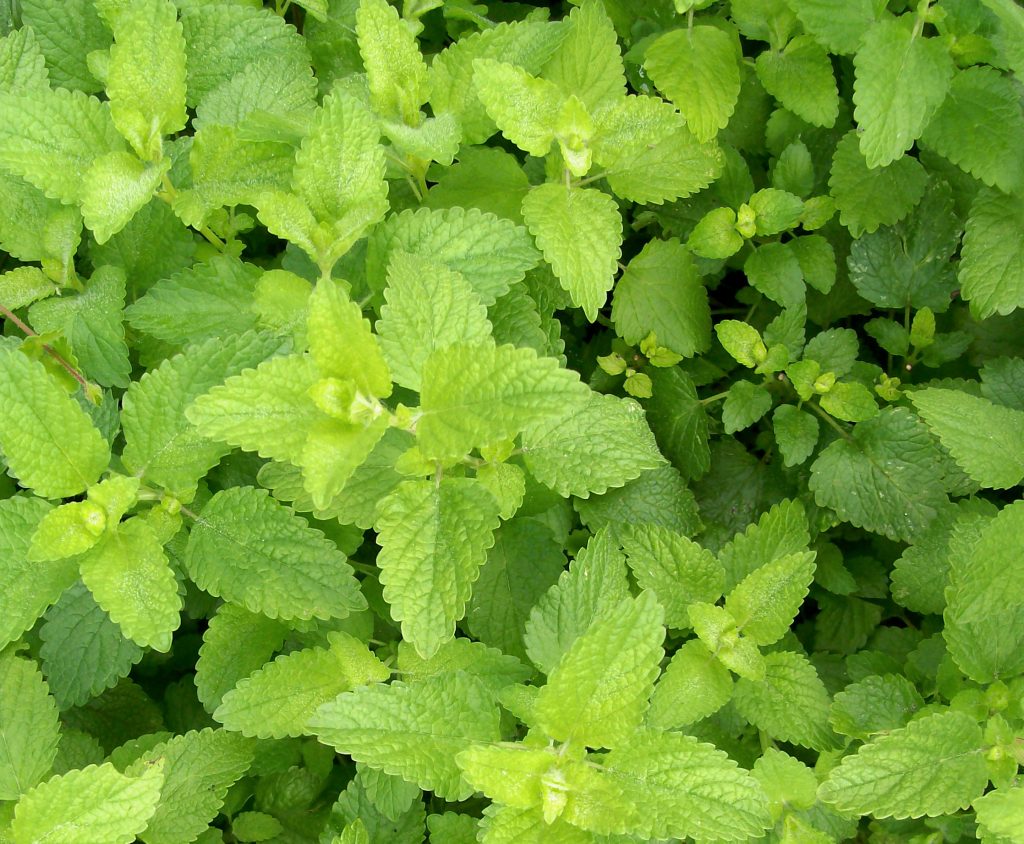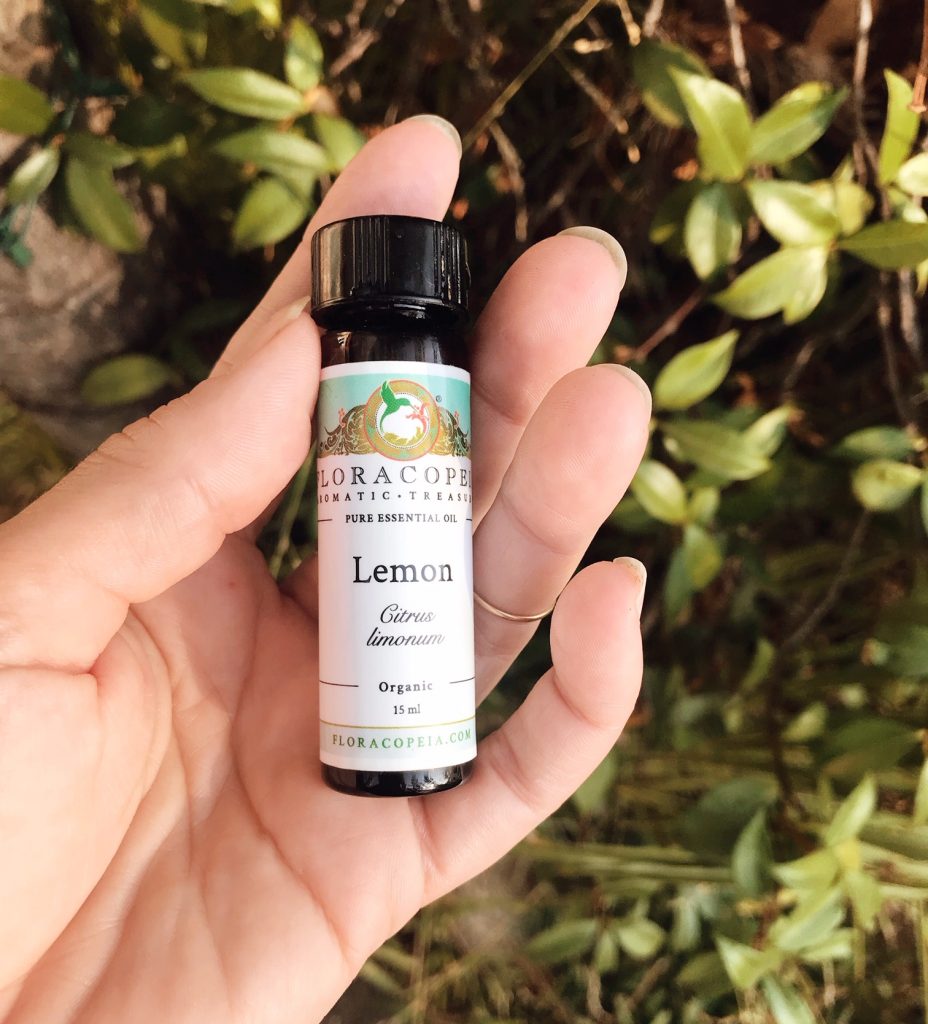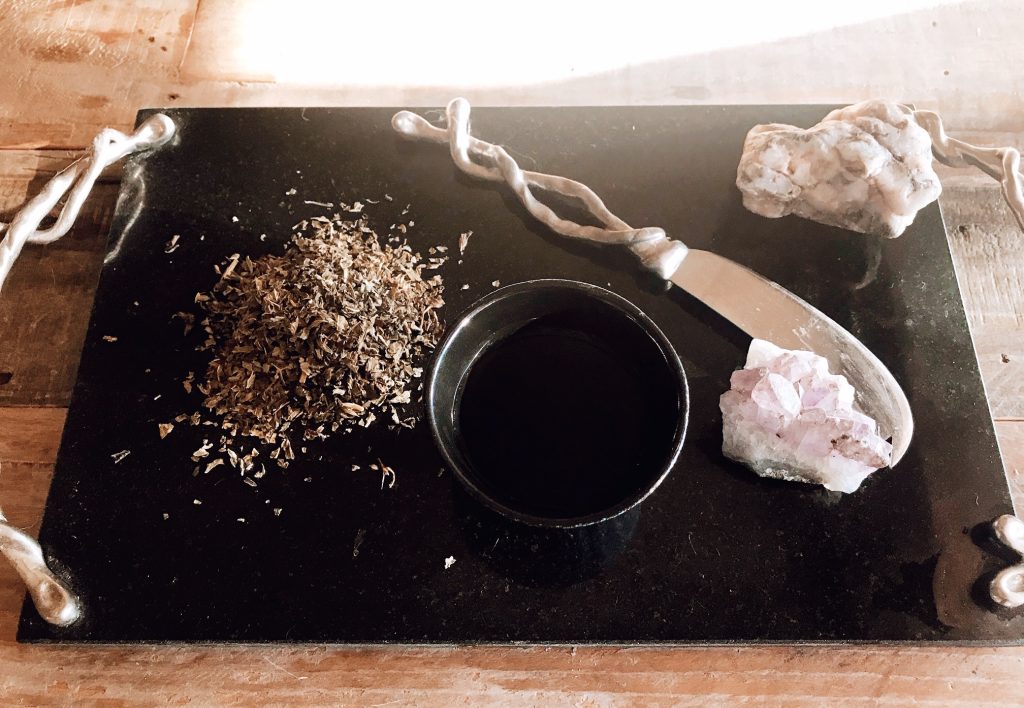Herban Love: Getting to Know Lemon Balm

Lemon balm (Melissa officinalis)
Family: Mint family Lamiaceae
Taste: Sweet and relatively strong
Temperature: Slightly warm
Herbal Actions: Antiviral, Antioxidant, Nervine, Sedative, Mild Antidepressant, Mild Antispasmodic, Relaxed Diaphoretic
General Information & Effects:
I first came to know of Lemon balm in my quests to find more tonics and elixirs to ease my ailing adrenals and imbalanced hormones. I had read Lemon balm was a strong addition to blended teas or elixirs due to its calming, nervine effects. One of the many side effects of extreme adrenal fatigue is leaky gut, which is all inflammation and digestive distress. Another characteristic of adrenal fatigue is rising and crashing cortisol levels that can sometimes feel like heat within, particularly when ingesting certain foods or caffeine. This is part of why lemon balm is so effective, as it is relatively potent if used alone or in combination with other herbs in elevating the immune system, digestive system, and nervous system, and it’s calming. Lemon balm can be consumed as a tea, taken as a supplement/extract, or applied to the skin as a balm. Lemon balm essential oil is also popular as a calming scent and is believed by some to be even a little invigorating.
Lemon balm is also reported to help with insomnia, anxiety, viral infections, and as mentioned above – gastrointestinal issues and diseases. There have been some studies on this, but I certainly urge you to dive a bit deeper if you are thinking of using Lemon balm to remedy symptoms from any of the aforementioned.
Preparation & dosage:
As mentioned, Lemon balm is available in capsule, tablet, powder, and tincture forms. Because there are so many different formulations, there are no set doses or standard courses of treatments. What is recommended in tablet forms is 250 milligrams to 500 mg daily. The dose of a tincture can vary by the concentration. For teas, I use two heaping spoonfuls in a larger tea mixture daily and have never experienced any adverse reactions or overstimulation in my nervous system, gut, or anywhere else. Consult directions on any tincture, tablet or form of Lemon balm, and if you’re on other medications it is wise to ask your doctor or naturopath as well.
Botany:
Lemon balm mostly occurs in the Mediterranean and various regions in North Africa, Asia, and Europe, and is an aromatic perennial with heart-shaped leaves and occasionally yellow, white, or blue flowers that are typical of the Lamiaceae family. Really, it is known to grow well in almost all temperate areas.

Additional History & Folklore:
The company I purchase my Lemon balm tea leaves from, Mountain Rose Herbs, has some great folklore about the plant and its usages. In a larger story they share, “…it was ruled by the planet Jupiter and associated with the zodiac sign of Cancer, therefore having an association with the water element and thus an effect on emotions.” They also mention Lemon balm was used in previous cultures to uplift spirits, and you might find this to be true as well. It is certainly a characteristic you will find listed by some herbalists, which might – on face value – seem contradictory to the calming properties it is most known for now.
Cautions & Contraindications:
Lemon balm is considered safe for short-term use, and even for long-term use, depending on dosage and frequency used. Side effects may include nausea, bloating, gas, vomiting, indigestion, headaches or dizziness, painful urination, and anxiety. High doses can potentially affect thyroid function. Contact dermititus is possible when using a topical lemon balm. You can apply a small amount to your arm and wait for 24 hours to see if any irritation occurs. Lemon balm may also slow blood clotting so is not recommended any time near a surgery. Overall, Lemon balm rarely elicits strong, negative reactions, but it is always wise to try in small quantities at first. As with many herbs, it is not recommended for children, pregnant women, or nursing mothers, as changes are going on within the body and research is limited in these realms.
My favorite tonic with Lemon Balm for hormones and relaxation:
2 teaspoons Lemon balm
2 teaspoons Red clover
2 teaspoons Nettle leaf
2 teaspoons Tulsi
***I usually let this steep for 4 hours or more and then chill it in Mason jars in the refrigerator. It is such a mild but delightful taste cold!









